Today we have sponsor Jolande and her guest Liza
Jolande (Sponsor)
How did you navigate the early days of hosting and what tips can you share?
We had a lot of conversations first. I also wanted to speak to my guest’s mother before agreeing to host and would not accept an answer on the spot. Once we agreed to go ahead, the key thing we found we needed to navigate the visa application system was two phones – one to speak to each other, one to complete the application. Also, if you’re paying to ensure your guest travels from Ukraine to the UK, make sure you look at a map to find the nearest country. I sent mine to Poland, which was a 24-hour bus journey
How did you integrate your guest into the local community?
The first three things we did was register for Universal Credit, register with a GP, and register with the local library. Libraries are such important places!
I gave our guest opportunities to meet others from Ukraine. While this was appreciated, it quickly became clear that she did not need or even wanted this. Be prepared for this – some people find it difficult to be around Ukrainian people because of different political beliefs and understanding, different languages spoken (many Ukrainians speak Russian, and many other Ukrainians find that unacceptable, for instance). Some guests have found tremendous support within the community of Ukrainians, others feel the opposite. You won’t know how your guest feels until they have been here for a while.
What challenges have you experienced along the way and how did you overcome them?
I wouldn’t call them challenges. We have been incredibly lucky and our guest became part of our family from day one. We all just fit together. However, remember that these people still have family in Ukraine who they are incredibly worried about. That leads to emotional ups and downs and you have to be able to cope with that.
The other “challenge” is that I have to remember our guest is an independent young woman and not my daughter. I feel incredibly protective of her!

How have you dealt with any cultural differences or communication challenges?
I started using DuoLingo the day we matched, learning Ukrainian, only to find out my guest speaks Russian We are lucky because her English was already very good. We have tried to support her develop her English further by watching English TV with English (NOT Ukrainian/Russian) subtitles, encouraging her to do word searches, and using Google translate for words you really can’t express through charades or any other explanation.
Any final tips for future reference?
Know that your life will change forever. In our case, it has changed for the better. We have a new member of our family and they will forever be a member of our family, whether they stay with us forever, move out, or move back to Ukraine.
Related Posts
Liza (Guest)
How did you find the early days when you arrived in the UK? What challenges did you face?
My first days when I moved here were hard because when you don’t know English as well as you need, you can’t ask a lot of questions. You can’t think much! The first days, my sponsor helped me very much with GP, library, gym, Universal Credit. A lot of people have problem with UC because they have to do it themselves, but my sponsors helped me.
The first days were hard because of English. And all the accents! It will take a lot of time, maybe 6 months one year, to get used to. I don’t remember any challenges because my sponsor helped me, but English language was a problem. But maybe others could have problems with language and getting a job.
How did you adapt to living with a UK sponsor – what were the main differences for you?
Food was different! It is very fatty food. England has very big portions! It is really different. People here are very friendly. In Ukraine, people are always busy and they don’t like to speak to you as much as they do here. The weather! You always have to have an umbrella and layers for rain! Always!
How did you settle into life in the local community?
My sponsor and her family helped me so much. I don’t think I could do everything without their help. There are very different people here. Sometimes, I can make contact very easy but sometimes not at all. And sometimes, people are REALLY happy to see you, and I don’t understand when people really want to speak with you.
But, for me, people have helped me and continue to do that. But it’s not easy. With my sponsors, I am always OK. But in the community, I am not always sure.
Any final tips for anyone thinking of coming to the UK from Ukraine?
You must learn English. If you don’t know the language, you will find it difficult. Yes, you can get lessons but if you don’t have at least an elementary level, you will struggle. You will feel bored and alone and if you are a sensitive person, you could develop depression from loneliness because you can’t communicate.
Buy an umbrella! & You can’t get into a dentist here.
Just to note: we are happy for the text of these posts to be shared to other groups if you think they are helpful, as long as they are shared accurately
"Sisters Stories" Is a series of discussion topics hosted by Sunflower Sisters on their private community group on Facebook. Its a place where sponsors and guests reflect honestly and constructively on their experiences within the scheme. Their experiences will not always be plain sailing, but they will be real, and we make no apologies for the accounts in this series ultimately being satisfying ones! Some will be short and snappy, and others will need you to make a cuppa or pour a glass of wine and settle down to read, but we hope all will be insightful, interesting and perhaps give you something to think about. #SunflowerStories The group is open to ladies only and is a support group for both sponsors and guests, you can take part in the debate by joining our private community homepage by clicking the button below.

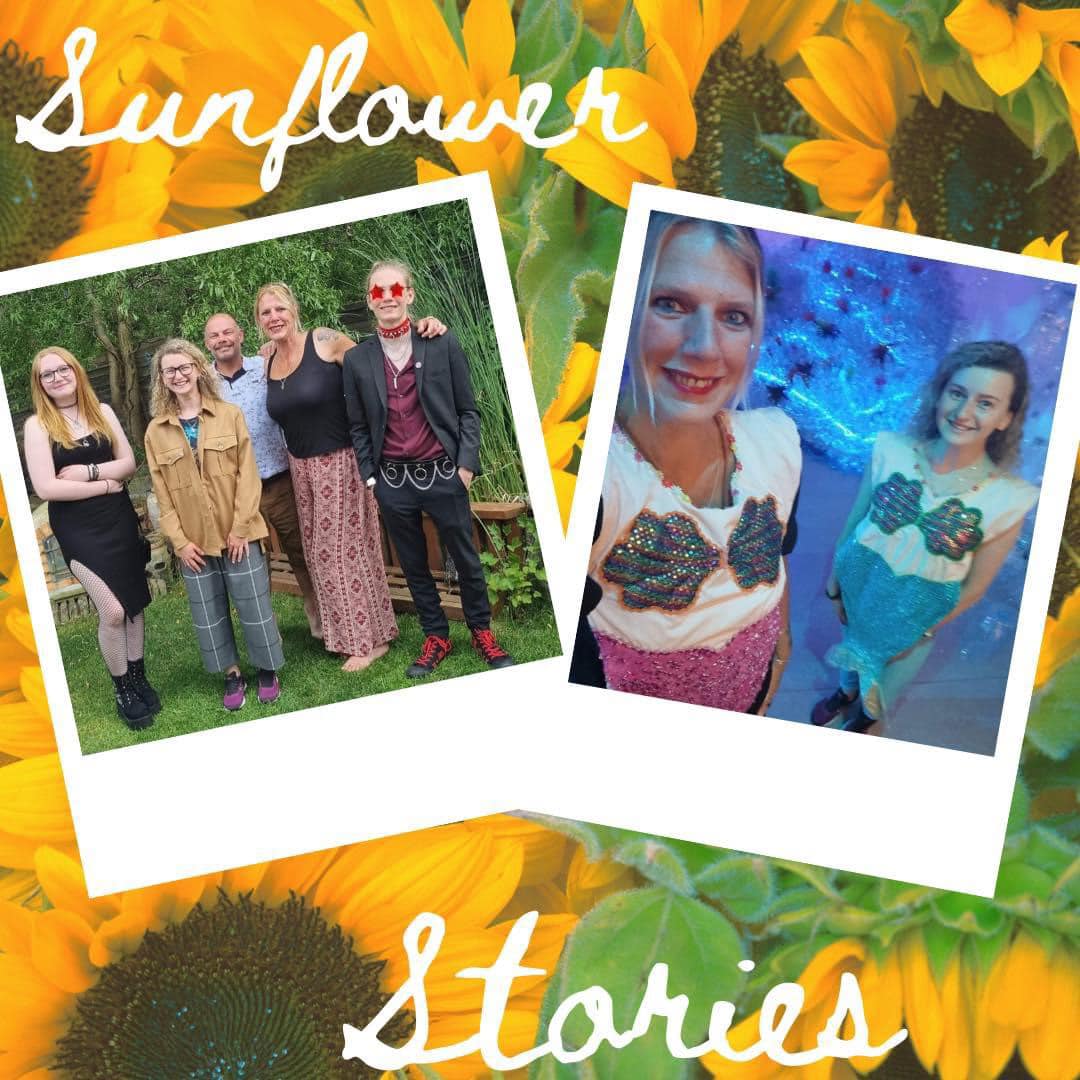
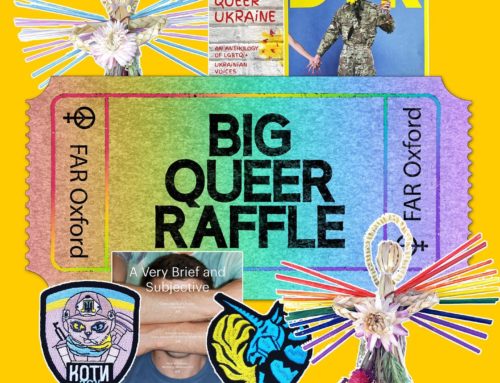
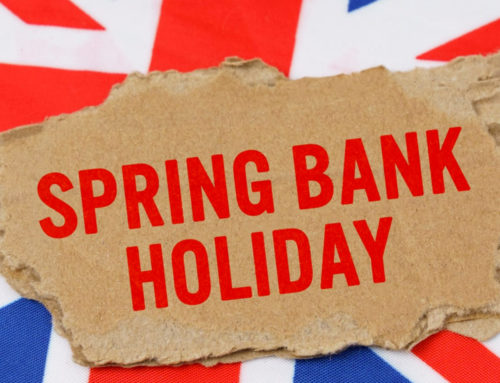
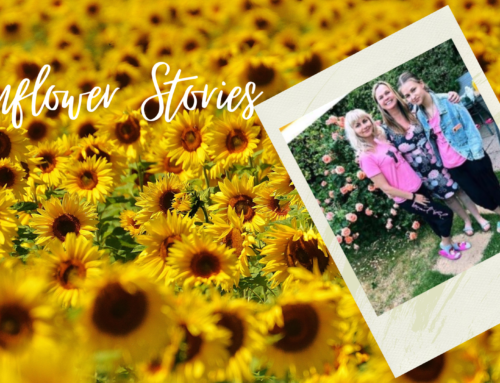
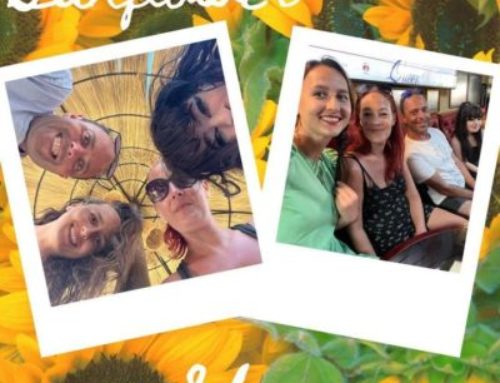

Leave A Comment